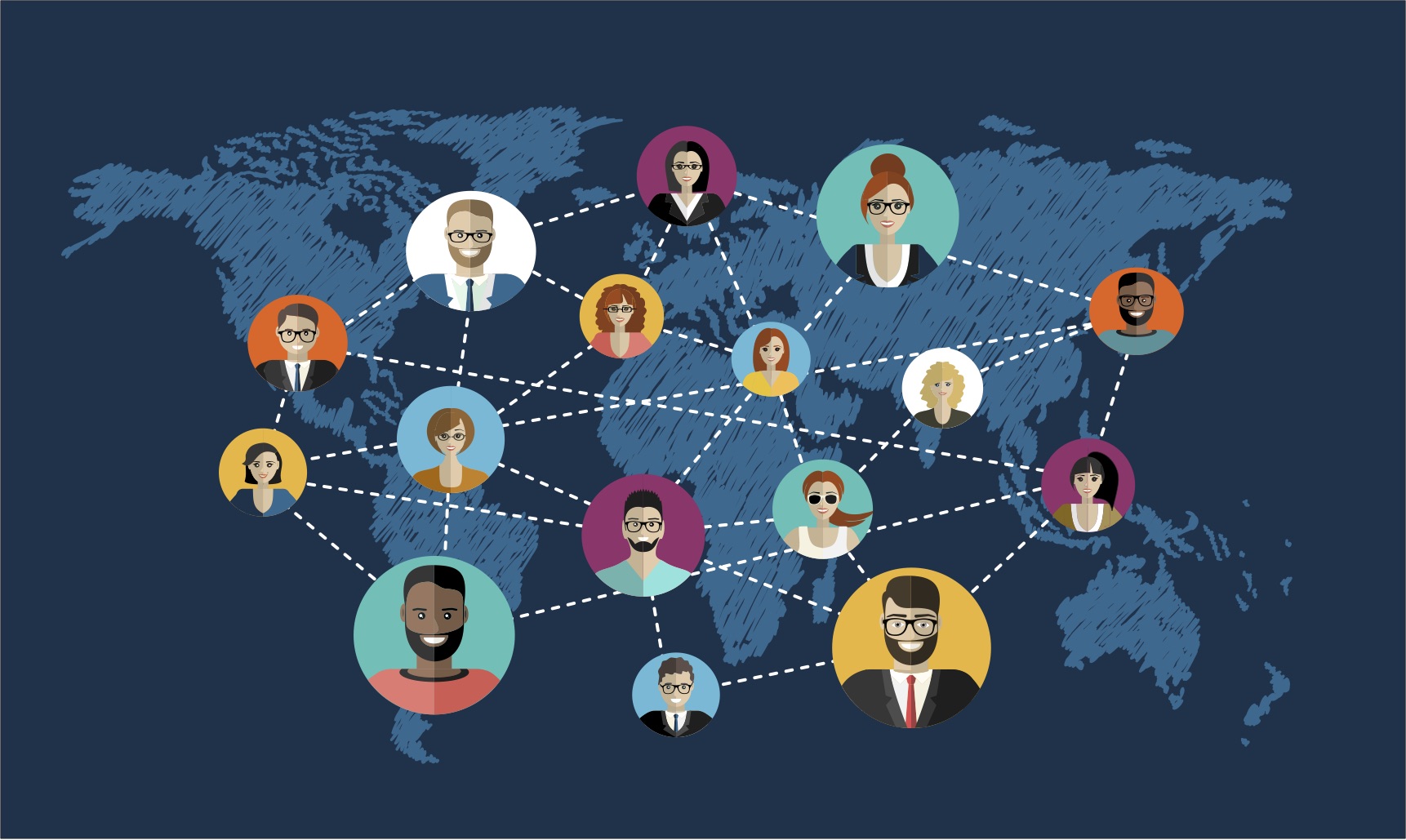International Translation Day: Everything You Need to Know
September 30th is an important date in the language services sector: International Translation Day.
Every year, this day provides an opportunity for countries, governments, organisations and individuals all over the world to celebrate the work of language professionals and acknowledge the importance of multilingualism.
This is a relatively new event, having been established just over two years ago, so is not as well-known as other days officially recognised by the UN General Assembly, such as World Cancer Day (February 4th) or the International Day of Human Rights (December 10th).
Read on to find out more about International Translation Day and why it is so significant.
What is International Translation Day?
According to the UN, language services such as transposition of literary or scientific work, professional translation and interpretation are “indispensable to preserving clarity, a positive climate and productiveness in international public discourse and interpersonal communication”.
To reflect this, the global body decided on May 24th 2017 to adopt resolution 71/288 on the role of language professionals in “connecting nations and fostering peace, understanding and development”. This led to the declaration of September 30th as International Translation Day.
This date was chosen because it marks the feast of St Jerome, the patron saint of translators. A priest from north-eastern Italy, St Jerome was of Illyrian ancestry and spoke the Illyrian dialect, but through his studies became fluent in Latin, Greek and Hebrew.
His greatest and most enduring achievement was translating most of the Bible into Latin from the Greek manuscripts of the New Testament. He also completed Greek translations of parts of the Hebrew Gospel.
Every year since 2005, the UN has celebrated these feats by inviting its staff and students from select partner universities to compete in the St Jerome Translation Contest. The event rewards the best translations in the UN’s six official languages: English, Arabic, Chinese, Spanish, French and Russian, as well as German.
International Translation Day itself is marked in various ways by the UN and other organisations around the world. In 2018, the calendar of events included a presentation exploring the topic of machine translation versus human translation, a photography exhibition titled “Interpreters on Mission: Contributing to Peace” and the launch of the UN Geneva Multilingualism Challenge.
There will be similar activities taking place this year to acknowledge the vital importance of multilingualism and language professionals in a diverse, dynamic and multicultural world.
The Importance of Language Professionals and Multilingualism
The work of the United Nations provides an insight into the vital role multilingualism plays in international understanding, global economic development and dialogue between different nations and cultures.
Antonio Guterres, the current UN secretary-general, has described the ability to communicate in various languages as a “core value” of the entire organisation.
“Languages, with their complex implications for identity, communication, social integration, education and development, are of strategic importance for people and the planet. There is growing awareness that languages play a vital role in… attaining quality education for all and strengthening cooperation, in building inclusive knowledge societies and preserving cultural heritage, and in mobilising political will for applying the benefits of science and technology to sustainable development.” – United Nations
The UN is one of the world’s largest employers of language professionals, with several hundred multilingual employees at its offices in New York, Geneva, Vienna and Nairobi, and regional commissions in Addis Ababa, Bangkok, Beirut and Santiago.
While it often needs interpreters to facilitate communications between representatives of different countries, it also employs language specialists such as:
- Proofreaders
- Editors
- Interpreters
- Reference assistants
- Terminologists
- Verbatim reporters
In today’s global economy, multilingualism also has an extremely important part to play in supporting international trade and business.
Companies that have ambitions to succeed on an international level need the ability to run effective marketing and communication campaigns in various languages. That means not only translating your content and messaging, but ensuring it is properly localised to be relevant, appropriate and successful in particular markets.
If you are able to get your language strategy right, there is huge potential waiting to be realised on the global stage. Consider the ecommerce market in China, for example, where online retail sales are expected to grow by more than 27 per cent in 2019. China’s Singles’ Day is now the world’s largest online shopping event.
With International Translation Day 2019 on the horizon, there has never been a better time for your business to consider the potential of multilingual communications and what it could help you achieve in international markets.
To find out more about the range of language services that could help you expand across borders, call Locaria on +44 (0)20 3948 6800.



